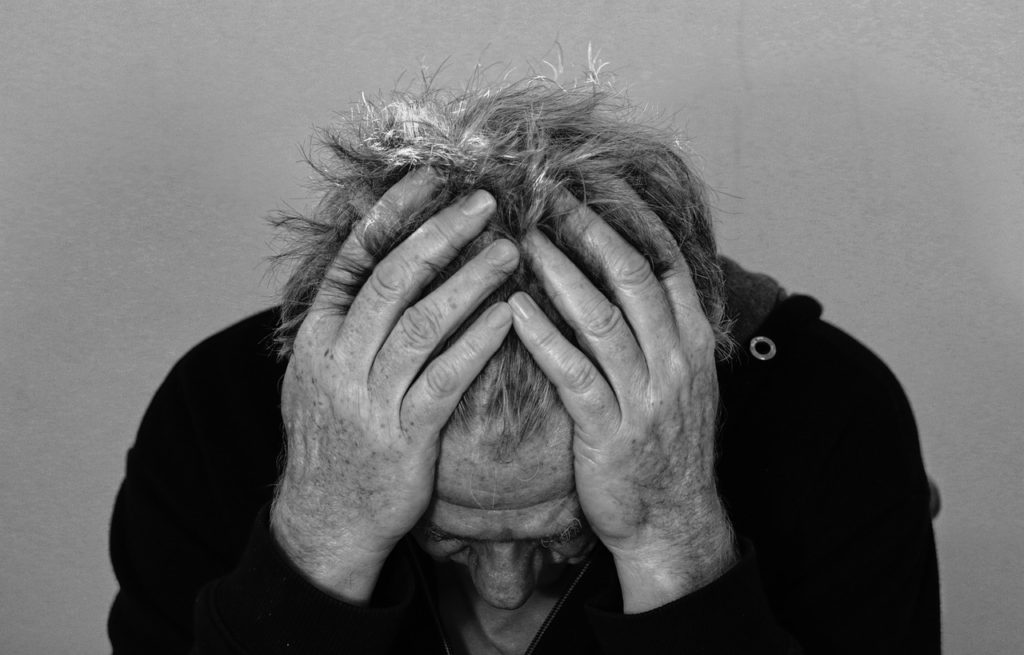
Dealing with a crisis
In our lives, when we have stress, it is often a time when we make changes for the better. However, if feel we cannot cope any more and we get too stressed, then we are in crisis.
Children need to feel safe, in crisis and know that there is someone they can rely on. Kids have similar feelings to adults, but rather than words, may show their distress in actions. About crisis, children learn coping from how they see their parents dealing with.
What is a crisis?
There is usually an event, in a crisis, involving change as well as loss. It could be the loss of someone through separation or death, the loss of health through accident or illness, or the loss of something such as a job or a house.
You might feel bad about yourself, as a result of the crisis or feel like a failure, feel unable to cope because you:
- have never been in the situation like that before
- have found it hard to cope in the past with a similar situation
- don’t feel in control
- feel unwell, worn out or tired
People might feel angry, anxious or scared as an emotional response to the stress of a crisis. Even people in the same family respond differently to crises, a crisis for one person may not be a crisis for someone else.
What causes a crisis?
Many things can lead to a crisis. A sudden threat to your safety or life can create a crisis, e.g. a earthquake, fire or flood. Your loved one or you might have an accident. You could lose your job or there may be big changes in the workplace. If their relationship breaks down, people usually experience a crisis.
Other things that might cause a crisis are:
- having a miscarriage
- having a child with a disability
- a child leaving or starting school
- a child leaving home
- winning or losing money
- being arrested
- parents divorcing or separating.
Things like moving house or being promoted, getting married or having a baby, even good things, can feel like a crisis, because it is positive, but are times of big change.

How to know when someone is in crisis?
Some signs that a person may be in crisis include:
- physical: rapid breathing, sweaty palms, shaking, looking flushed, vomiting, diarrhoea, pounding heart
- thinking: memory loss, can’t concentrate, confused, can’t make decisions
- emotional: panic, despair, anxiety, helplessness, mood swings, agitation, withdrawal
- behaviour: crying, broken sleep, sudden outbursts of anger, drug or alcohol misuse, antisocial behaviour, changes in appetite.
What can you do?
In a crisis it is important that you:
- recognise your feelings. Ignoring them won’t make them go away, give yourself time to be sad and to heal.
- don’t expect too much of others and yourself.
- respect that people, even close to you, deal with crises differently.
- work out what things you can control, focusing on them will reduce your stress.
- make contact with supportive friends and family or get help from a Family Kickstart Georgia (FKSG) if you need it.
- make time to relax and look after yourself.
Special occasions and anniversaries can set off old hurts so make plans about how you will deal with them.
